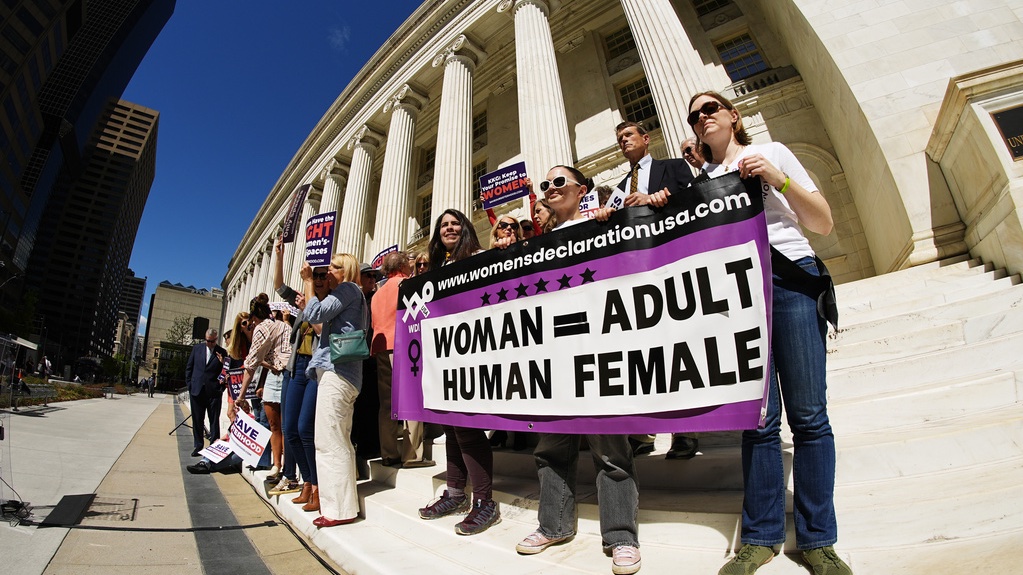February 26, 2014
Study Reveals LGBT Youths Face Greater Cancer Risks
Winnie McCroy READ TIME: 2 MIN.
A new study led by City College of New York psychologist Margaret Rosario has revealed that LGBT youth are more likely to engage in behaviors associated with future cancer risks than are heterosexual youth, such as smoking and having multiple sexual partners.
"Sexual minorities are at risk for cancer later in life, I suggest, from a host of behaviors that begin relatively early in life," said Professor Rosario. "No sex or ethnic racial group is at greater risk or protected for these behaviors. Overall, the study underscores the need for early interventions."??
The peer-reviewed results of Rosario's study, "Sexual Orientation Disparities in Cancer-Related Risk Behaviors of Tobacco, Alcohol, Sexual Behaviors, and Diet and Physical Activity: Pooled Youth Risk Behavior Surveys," appeared in the February 2014 issue of the American Journal of Public Health.
The study pooled results from the 2005 and 2007 YRBS (Youth Risk Behavior Survey) data, a national study of high school students that is conducted biennially.
Rosario, who is a professor in psychology at the Colin Powell School for Civil and Global Leadership and The Graduate Center, CUNY, had her team study 12 cancer-risk behaviors in LGBT and straight youth in grades 9-12. Of a sample size of 65,781 youth, 7.6 percent identified as a sexual minority.
The report studied 12 cancer-risk behaviors, including tobacco use, drinking alcohol, early sex, multiple sexual partners, higher body mass index (BMI) and lack of exercise. The report found that for all 12, sexual minorities were more likely than heterosexuals to engage in the risky behavior.
Her collaborators included researchers from Boston Children's Hospital, the University of Illinois at Chicago, the Fenway Institute, and Northwestern University.
In her study, Rosario noted that at early interventions should be put into place at these institutions, to help guide LGBT youth into making good choices.
The Guardian reports that according to Vanderbilt University's School of Medicine, men who have sex with men are 80 times more likely to get cancer, and lesbian or bisexual women are also more likely to get cancer because they are more likely than not to have children past the age of 30, smoke, drink alcohol, eat fatty foods and be overweight.
With the advent of healthcare access under the Affordable Care Act, doctors must overcome institutionalized homophobia and marginalization and press for LGBT people in general to get screenings for certain cancers, despite misconceptions that they may not be at risk for these cancers.
Winnie McCroy is the Women on the EDGE Editor, HIV/Health Editor, and Assistant Entertainment Editor for EDGE Media Network, handling all women's news, HIV health stories and theater reviews throughout the U.S. She has contributed to other publications, including The Village Voice, Gay City News, Chelsea Now and The Advocate, and lives in Brooklyn, New York.


